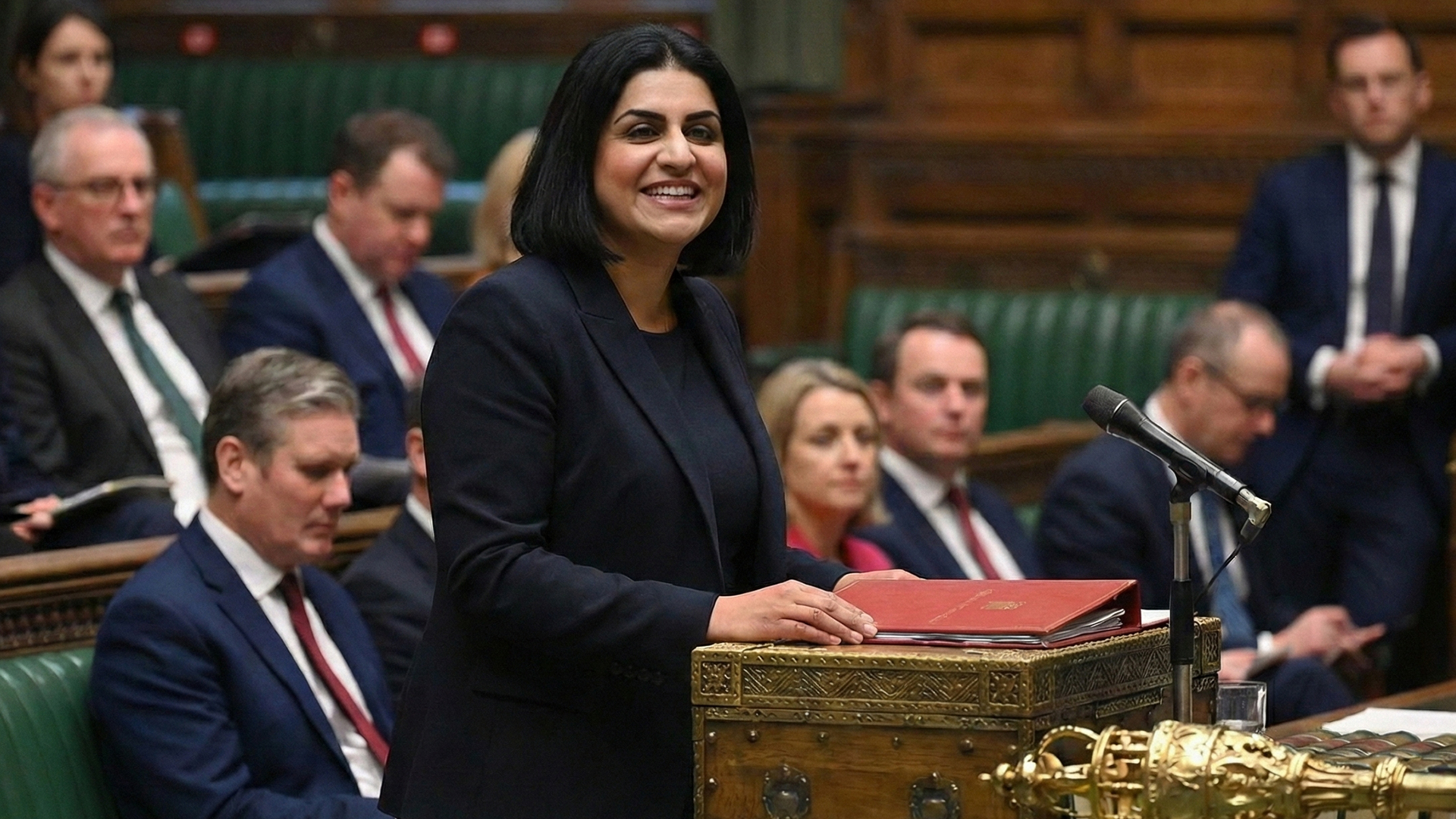India’s trade agreement with the European Free Trade Association (EFTA), which includes Switzerland, Norway, Iceland, and Liechtenstein, officially came into effect on October 1, 2025. The agreement, known as the Trade and Economic Partnership Agreement (TEPA), was signed in March 2024 and marks India’s first free trade deal with these developed European nations.
According to a release by the Press Information Bureau, India, the agreement aims to make it easier for India and the EFTA countries to trade goods and services with each other. “Under TEPA, EFTA has offered 92.2% of tariff lines encompassing 99.6% of India’s exports. (It) Includes 100% of non-agricultural products and tariff concessions on Processed Agricultural Products (PAP),” the release added.
One of the key highlights of TEPA is the investment commitment. EFTA countries have pledged to invest $100 billion in India over the next 15 years. These investments are expected to create one million direct jobs in India, particularly in manufacturing, renewable energy, life sciences, and digital technology. The agreement focuses on long-term investments rather than short-term portfolio investments, aiming to build productive capacity in the country.
TEPA also opens new doors for India’s services sector, including IT, business services, education, cultural and recreational services, and audio-visual services. The deal allows Indian professionals such as nurses, accountants, and architects to work more easily in EFTA countries through Mutual Recognition Agreements. It also improves opportunities for companies delivering services digitally or setting up businesses abroad.
The agreement strengthens India’s intellectual property rights, ensuring protections for inventions and innovations while addressing concerns related to generic medicines. It also emphasizes sustainable and inclusive growth, promoting fair trade practices, transparency, and environmental responsibility.
For everyday products, this means consumers in India could see more choices of high-quality European goods at lower prices. At the same time, Indian goods like basmati rice, processed vegetables, and nuts will gain easier access to European markets. The deal also provides opportunities for exporters of coffee, tea, textiles, leather goods, and engineering products, boosting India’s global competitiveness.
TEPA is supported by a special India-EFTA Desk, which will help European companies invest in India and guide collaborations, joint ventures, and technology partnerships. This desk will also act as a single point of contact between the Indian government and EFTA investors.
Experts say the agreement is a major step in strengthening India’s ties with Europe. It not only boosts trade and investment but also helps create jobs and modernize industries. TEPA is seen as an important tool for India to expand its presence in global markets, support initiatives like “Make in India,” and provide more opportunities for Indian workers and businesses.






